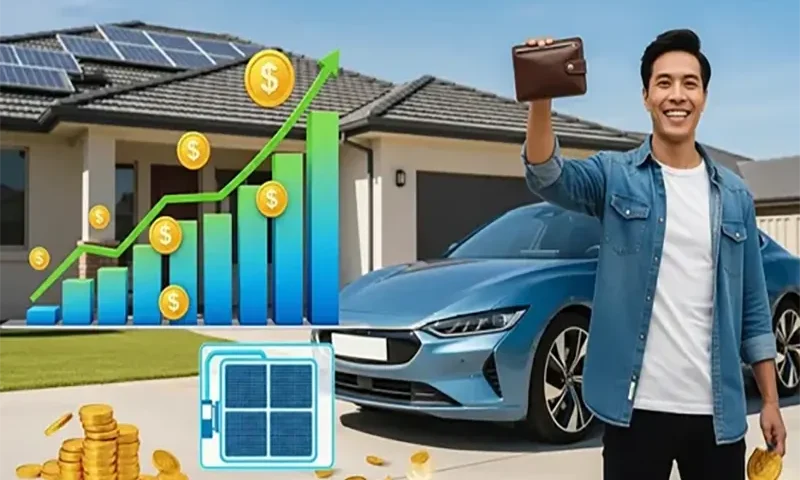The shift from gasoline-powered cars to electric vehicles (EVs) is a cornerstone of the global effort to combat climate change and improve public health. While some questions remain about the full lifecycle of EVs, a clear consensus has emerged among researchers and environmental agencies: electric vehicles offer significant environmental benefits that traditional gasoline cars simply cannot match. The advantages extend far beyond the tailpipe, touching everything from urban air quality to global carbon emissions.
1. Eliminating Tailpipe Emissions: A Win for Urban Air Quality
The most immediate and obvious environmental benefit of EVs is their complete lack of tailpipe emissions. A traditional gasoline car, by design, burns fossil fuels, releasing a toxic cocktail of pollutants directly into the air we breathe. This includes:
- Nitrogen Oxides (NOx): These contribute to the formation of smog and acid rain and are linked to respiratory illnesses.
- Particulate Matter (PM2.5): Microscopic particles that can penetrate


